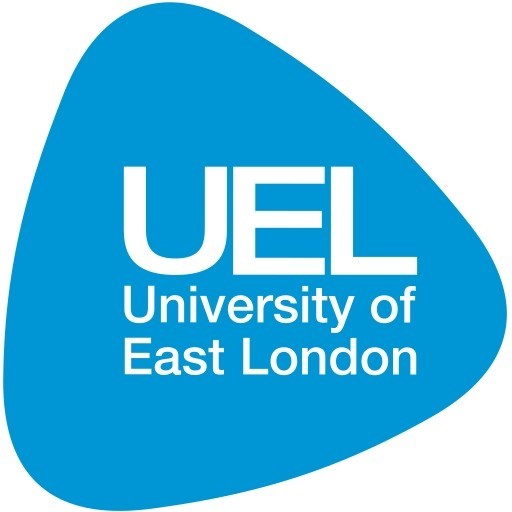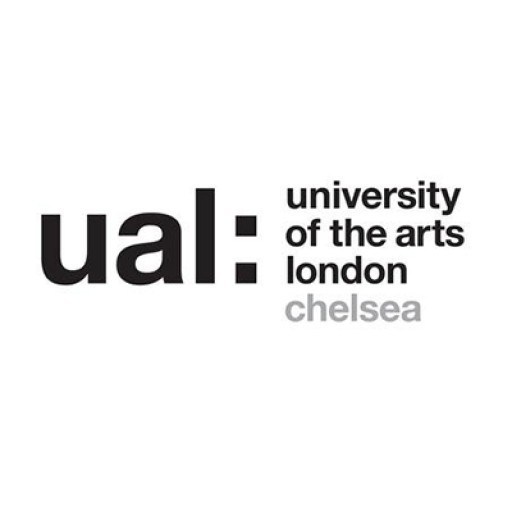Photos of university / #ucl
The Bachelor of Arts in Fine Art at University College London offers an innovative and comprehensive education in the practice and theory of contemporary art. This program is designed to foster individual artistic development while providing students with a strong foundation in traditional techniques, critical thinking, and innovative approaches to visual expression. Throughout the course, students engage with a diverse range of media, including painting, sculpture, installation, digital media, and performance, encouraging experimentation and interdisciplinary practice. The curriculum emphasizes the importance of contextual understanding, encouraging students to explore historical and contemporary issues that influence contemporary art practices.
Located within one of the world's leading universities, the program benefits from close collaborations with UCL’s renowned Slade School of Fine Art, facilitating access to exceptional studios, workshops, and resources. The program includes structured studio work, lectures, seminars, and exhibitions, providing students with opportunities to develop their skills, present their work to diverse audiences, and critically reflect on their artistic process. Research plays a key role, with students encouraged to develop independent ideas and projects supported by expert tutors and visiting artists.
Students are also introduced to key aspects of the art world, including curatorial practices, arts management, and exhibition organization. The program aims to prepare graduates for professional careers in the arts, whether as independent artists, collaborators, or within arts organizations. Emphasizing critical engagement, creative exploration, and technical mastery, the B.A. in Fine Art at UCL is ideal for students seeking to push boundaries, challenge conventions, and contribute meaningfully to contemporary art discourse. Graduates leave equipped with the skills, knowledge, and confidence to pursue diverse pathways in the arts and related fields, fostering innovation and leadership within the creative industries.
The Fine Art BA is a non-modular, integrated degree.
The programme is structured around three studio areas: painting, fine art media and sculpture. The programme is studio-based and you are expected to develop your own work with tutorial and technical assistance from a specialist team of academic and technical staff. Cross-area seminars and tutorial groups ensure that the three studio areas have a forum for the exchange of ideas. You will also benefit from a programme of visiting artists, gallery visits and other events that aim to develop exciting and rigorous debate. Year groups are mixed together in the studio spaces providing a lively cross-fertilisation of ideas and practice.
History and Theory of Art modules are integral to the programme and help you contextualise your studio work and negotiate the relationships between making art and the ways in which art is interpreted, displayed and understood.
You will take an additional module from another UCL department for one term. This will be entirely your own choice and can either be related to studio work or to develop a further interest.
Year 1
Studio work in chosen specialism
History and Theory of Art
Year 2
Studio work in chosen specialism
History and Theory of Art
Additional subject
During the spring term students will participate in the Study Abroad Preparation Programme, the successful completion of which is a prerequisite for progression to the year abroad.
Year 3
Studio work in chosen specialism
History and Theory of Art
Study abroad in Autumn Term (optional)
Teaching in English is offered at most host institutions; however, non-French speaking students must complete a beginners French course alongside their studies at the ENS des Beaux-Arts. No work placements are offered.
Institutions currently open to the programme include:
- Akademie der bildenden Kuenste Wien
- Kuvataideakatemia, Helsinki
- ENS des Beaux-Arts, Paris
- Staatliche Hochschule für Bildende Künste, Frankfurt
- The Guangzhou Academy of Fine Art
- Bezalel Academy of Arts and Design, Jerusalem
- School of the Art Institute of Chicago, Chicago
- New York Studio School of Drawing, Painting and Sculpture
- The Cooper Union for the Advancement of Science and Art, New York
- Malmo Art Academy, Lund University
Year 4
Studio work in chosen specialism
A levels
Grades
ABB
Subjects
No specific subjects, but a portfolio of work is required.
GCSEs
English Language and Mathematics at grade C. For UK-based students, a grade C or equivalent in a foreign language (other than Ancient Greek, Biblical Hebrew or Latin) is required. UCL provides opportunities to meet the foreign language requirement following enrolment, further details at: www.ucl.ac.uk/ug-reqs
IB Diploma
Points
34
Subjects
A score of 16 points in three higher level subjects, with no score lower than 5, plus a portfolio. The academic requirements may be relaxed in exceptional circumstances.
The financing of the Fine Art program at University College London (UCL) is supported through a combination of tuition fees, government funding, scholarships, bursaries, and additional funding opportunities. Domestic UK students are typically eligible for funding from Student Finance England, which may include tuition fee loans and maintenance loans to support living costs during their studies. International students are responsible for covering their tuition fees, which vary depending on the specific course and year of study, and often rely on personal funding, sponsorships, or external scholarships to finance their education.
UCL offers a range of scholarships and bursaries designed to support students financially. These include the UCL Undergraduate Bursary for Home students, which provides non-repayable support based on household income, aiming to alleviate the financial burden of university costs. Additionally, for postgraduate students, there are various scholarships, awards, and funding schemes such as the UCL Postgraduate Research Scholarships, which may be available subject to eligibility. External funding sources, such as grants from arts councils, foundations, and art institutions, can also provide significant financial assistance for students pursuing Fine Art studies.
Students are encouraged to explore financial planning resources available through UCL’s Student Financing team, who provide advice on budgets, funding options, and application procedures. The university also offers work placement programs and part-time job opportunities, which can help students supplement their income throughout their studies. Furthermore, research grants and project funding may be accessible to postgraduate students engaged in art-related research activities.
It is important for prospective students to carefully review the specific tuition fee details for their chosen program, as well as the eligibility criteria and application deadlines for scholarships and bursaries. International students should also consider additional costs such as visas, health insurance, materials, and travel, and plan their finances accordingly. Overall, UCL strives to make Fine Art education as accessible as possible by providing diverse funding options, but students should prepare a comprehensive financial plan to cover the total cost of their studies.
The University College London offers a comprehensive Fine Art program designed to develop students' artistic skills, critical thinking, and conceptual understanding. The program provides a multidisciplinary approach, encouraging innovation and experimentation across various mediums including painting, sculpture, installation, video, and new media. Students engage with a vibrant artistic community, gaining access to distinguished faculty members who are accomplished artists and researchers. The curriculum emphasizes the development of a personal artistic practice, alongside a thorough understanding of contemporary art contexts and history. Students benefit from access to state-of-the-art facilities and workshops equipped with advanced tools and technologies. The program also encourages participation in exhibitions, collaborative projects, and research that connect students with wider artistic networks. Throughout the course, students are supported to develop their individual voice and critical perspective. The degree prepares graduates for diverse careers in the arts, including professional artistic practice, curation, arts management, and education. It also offers opportunities for international exchange and interdisciplinary collaboration, fostering a global outlook. The program aims to cultivate innovative artists capable of contributing to both local and global arts scenes, with an emphasis on critical engagement and creative experimentation.










